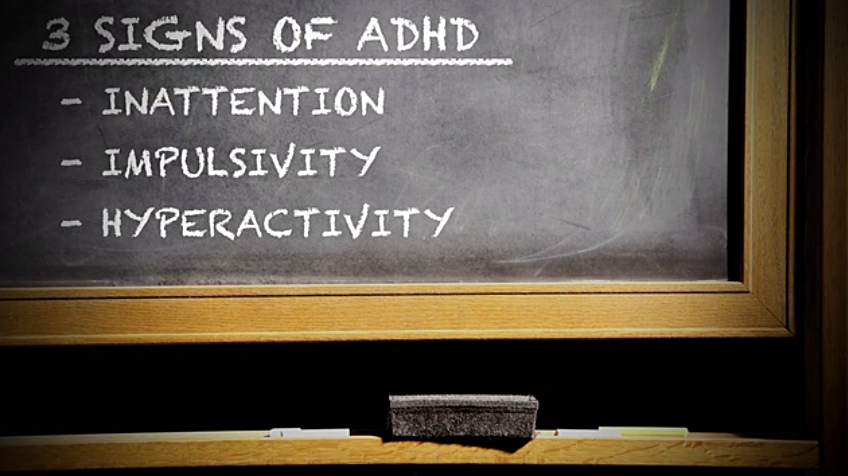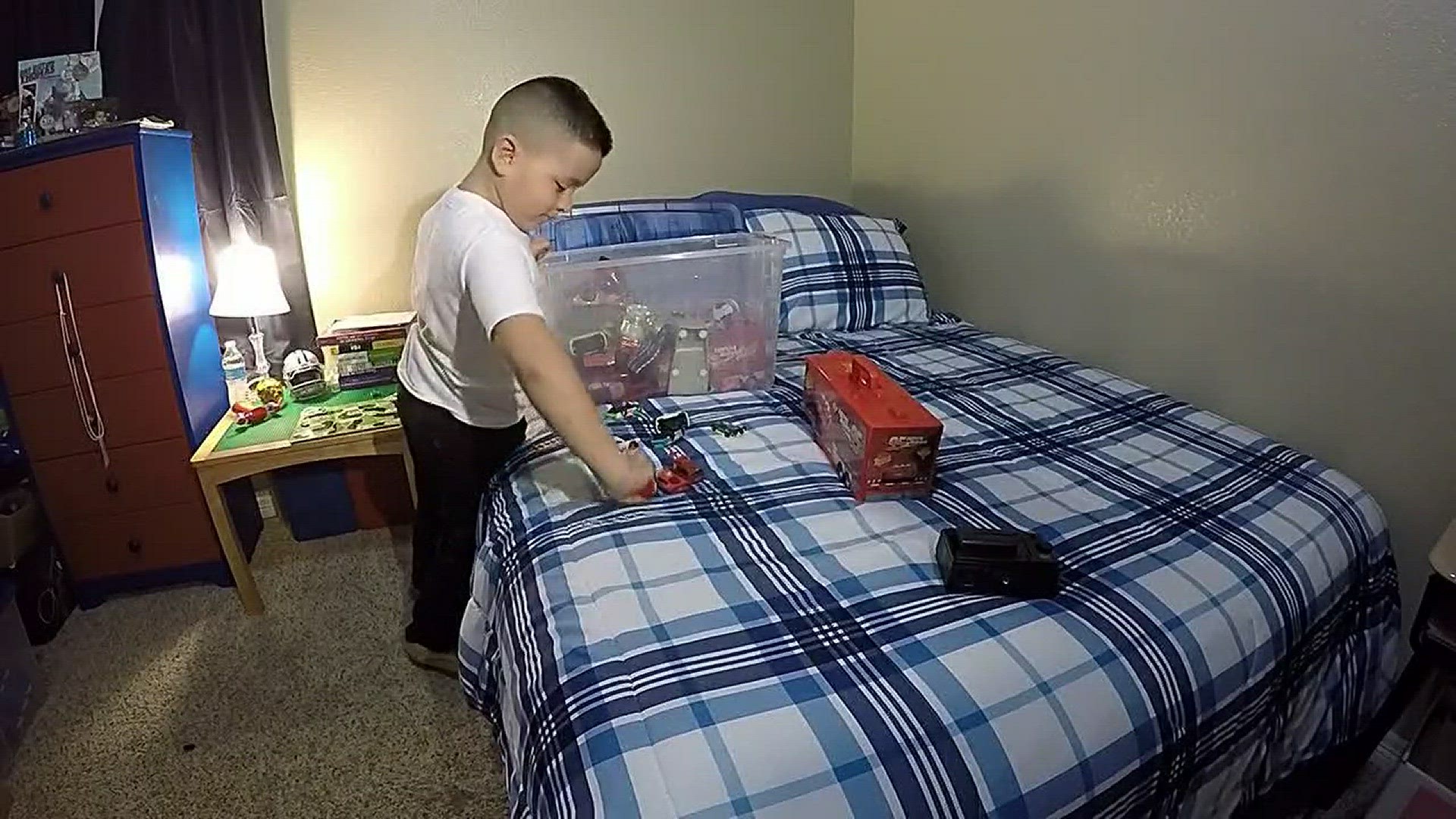More than six million children in America have been diagnosed with Attention Deficit Hyperactivity Disorder (ADHD), according to the CDC’s Parent Report.
In 2007, 4.8 percent of kids were on ADHD medication. By 2011, that number climbed to 6.1 percent. Now, it’s likely even higher.
“We had struggles in the classroom, and we discovered that he had the symptoms of ADHD,” said Savannah Carillo.
Carillo’s son Mario was in the second grade when she noticed that he couldn’t focus. He would lose things, blurt out answers, or get out of his seat without permission. She said that Mario seemed lost even with simple instructions.
“It kind of hurts that your child is going through that,” said Carillo. “The first thing you think of is 'how do I make this better?'”
Carillo and her husband first changed Mario’s diet to cut back on sugar.
“We try to give him a natural sugar… no Kool-Aid, no fruit drinks,” she said.
They also tried counseling through Children’s Health.

Pediatrician Dawn Johnson points to three signs your child may have ADHD:
- inattention
- impulsivity
- hyperactivity.
All can be identified as early as pre-school.
“They're really smart,” said Dr. Johnson. "They just can't focus.”
Children with ADHD present a host of specific symptoms. For instance, they are always moving; they might get in trouble a lot for touching or pushing other kids; they may run off or wander by themselves. The key here is that these problems must happen in more than one environment -- and they must be deemed severe.
“The symptoms have to be big enough to cause impairment -- meaning they can't learn [and] they can't stay in a normal environment like other children their age,” explained Dr. Johnson.
She explains that if problems persist only at school, for example, perhaps it's a bullying problem. If they are more prone to happening exclusively at home, it might be a parenting problem.
Some of the biggest questions for parents of ADHD children these days are around medication.
“There's great worry that we're over-diagnosing children,” said Dr. Johnson. “And I think in some instances that might be true. But at the same time, we are more knowledgeable about behavioral and psychiatric problems.”
Dr. Johnson doesn’t classify ADHD as a life-long diagnosis in all cases. She said one-third of children don’t need medication after two or three years. It’s the children who don’t get diagnosed and treated who suffer.
“They’re more likely to be involved in accidents, more likely to do high-risk behaviors such as drugs, more likely to have poor school performance," said Dr. Johnson.
Meantime, Carillo is seeing results that she and her family didn’t think were possible. After counseling and coaching, Carillo and her husband ultimately decided not to treat Mario with medication. Instead, they’ve made lifestyle changes at home and school for the time being.
“This is definitely better for us,” said Carillo who said she isn’t ruling out medication altogether just yet -- but she wanted to try everything else before they do.

